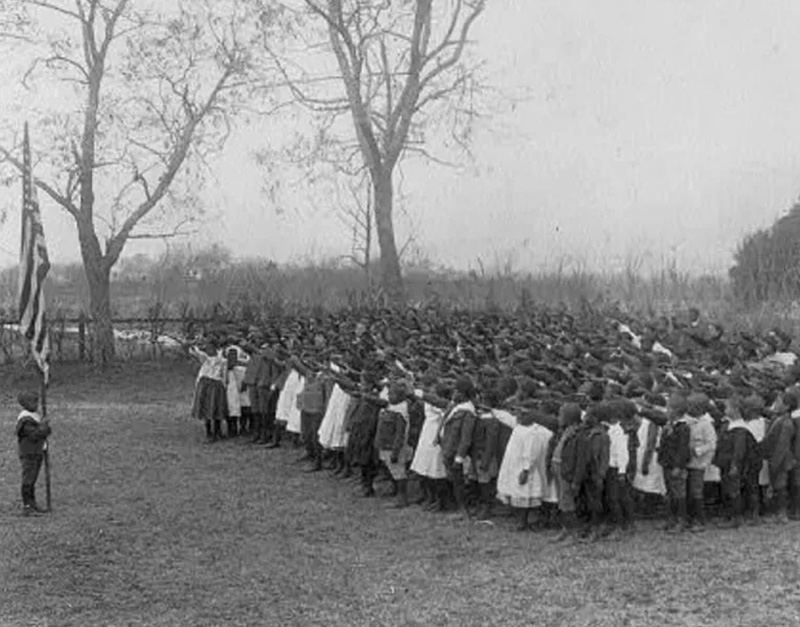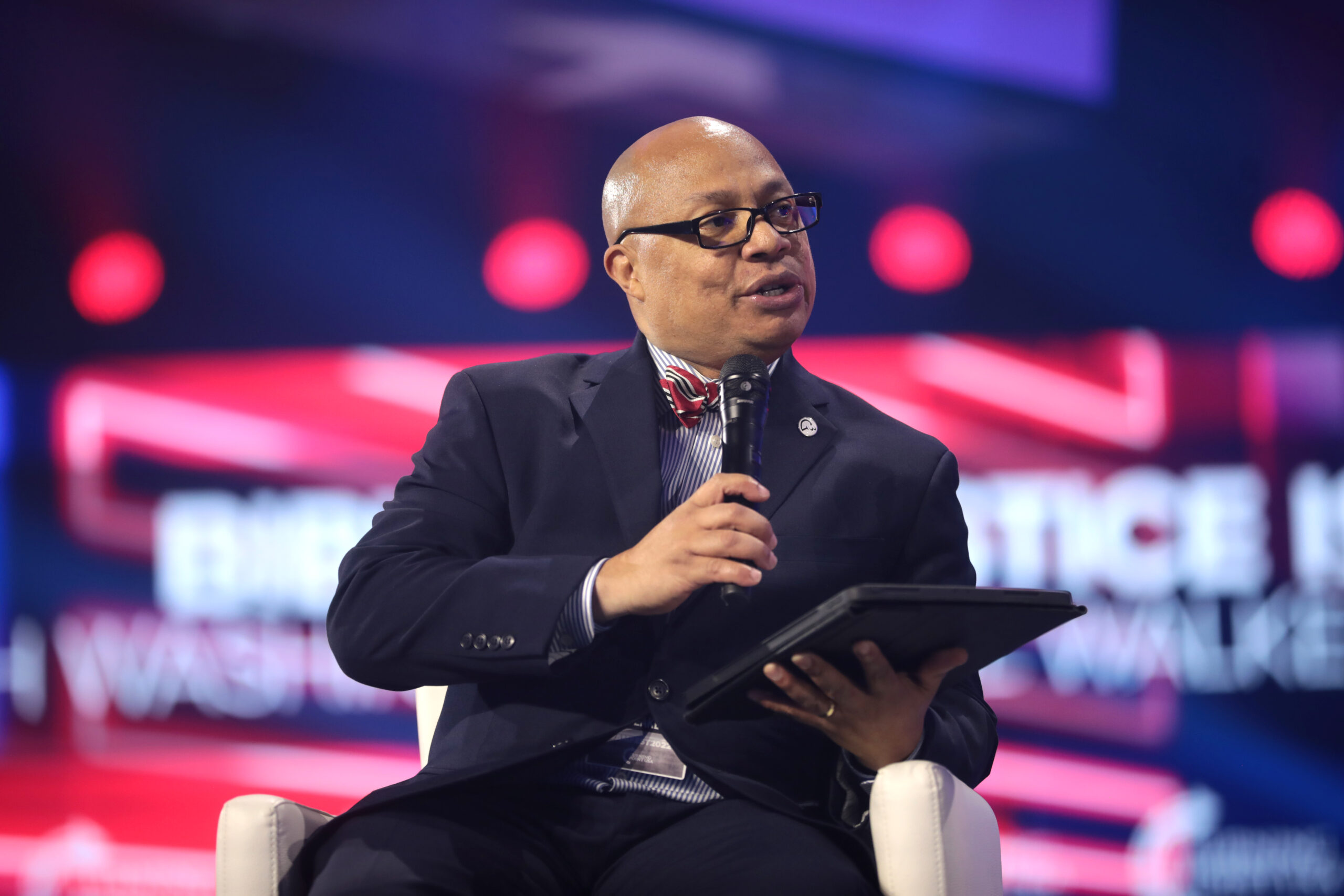The morning of May 1, 1865, dawned with promise over Charleston, South Carolina. The city that had fired the first shots of the Civil War now bore the scars of Confederate defeat — buildings reduced to rubble and streets scarred by fires set by retreating soldiers. Yet something extraordinary was stirring in the ruins.
At 9 a.m. sharp, a procession unlike any the South had ever witnessed began to form around the old Washington Race Course. Three thousand black schoolchildren, many learning to read for the first time in their young lives, carried armloads of roses and sang with voices lifted high: “John Brown’s body lies a-moldering in the grave, but his soul goes marching on!”
Behind them marched women of the Patriotic Association, their baskets overflowing with flowers, wreaths, and crosses. Then came members of the Patriotic Association of Colored Men and the Mutual Aid Society, stepping in measured cadence, followed by crowds both black and white. All were bound for the same sacred destination: a humble cemetery marked by a 10-foot whitewashed fence and an archway bearing the words, “Martyrs of the Race Course.”
Dignity for the Forgotten Dead
What brought 10,000 people to this place? The answer lay in the rows of freshly marked graves that 28 black workmen had spent weeks preparing with their own hands. Here rested 257 Union soldiers who had died in Confederate captivity, their bodies hastily buried in a mass grave behind the grandstands when this racetrack served as a makeshift prison.
These newly freed men and women understood something profound: Those who had fought for their liberation deserved better than an unmarked mass grave. So they exhumed the remains, reinterred each soldier with dignity, built a proper fence, and created what would become America’s first Memorial Day ceremony.
Today’s cultural commissars would have us believe that black Americans have always seen this nation as irredeemably wicked, that patriotism and love of country are somehow foreign to the black experience. This is not merely false — it is a damnable lie that dishonors both the memory of those who sacrificed and those who remembered them.
The truth stands in stark contrast to this narrative. On that May morning in 1865, it was not the privileged or the powerful who first honored America’s war dead. It was those who had been enslaved, who had known the lash and the chain, who now stood as free men and women choosing to honor soldiers who had died for their freedom. They understood what too many have forgotten: that America’s ideals, however imperfectly realized, were worth dying for.

Biblical Memory and Grateful Hearts
Scripture commands us to remember what has gone before. “Remember the days of old,” Moses instructed Israel. “Consider the years of many generations” (Deuteronomy 32:7). The freed slaves of Charleston embodied this biblical principle of remembrance, but they went further — they demonstrated what the Apostle Paul calls the “sacrifice of thanksgiving” (Philippians 4:18).
These men and women, fresh from bondage, could have chosen bitterness. They could have celebrated only their own freedom while cursing the land that had held them captive. Instead, they chose gratitude.
They recognized that Union soldiers — white and black alike — had died so that they might breathe free air. This was not naivety; it was wisdom born of understanding that human dignity flows from being made in the image of God, and that some things are worth dying for.
As black ministers led prayers and children sang “The Star-Spangled Banner” that day, they were not celebrating a perfect nation. They were honoring a nation worth perfecting. They understood the difference between America’s founding principles and America’s founding failures. They could love the former while working to correct the latter.
This is the mark of true patriotism — not blind nationalism but love of country rooted in transcendent truth. These former slaves grasped what many of our contemporary elites cannot: that a nation founded on the proposition that all men are created equal possesses within itself the moral framework for its own correction and redemption.
From Decoration Day to Memorial Day
The Charleston ceremony was not an isolated event but the beginning of a tradition. What began as “Decoration Day” spread throughout the South and North, eventually becoming the national Memorial Day we observe today. Each grave decorated, each flag planted, each moment of silence observed traces its lineage back to those freed men and women who first chose remembrance over resentment.
The Union soldiers buried at the Race Course were later moved to Beaufort National Cemetery, but their story was nearly lost to history. For over a century, this founding moment of Memorial Day was suppressed, its inconvenient truth at odds with both white supremacist narratives and, later, with radical narratives that paint America as irredeemably racist.
Remembering Rightly
As we gather this Memorial Day — black, white, red, and brown Americans — we must remember rightly.
We honor not only those who have died in service to our country but also those who first chose to honor them. We remember that patriotism and the pursuit of justice are not opposing forces but complementary virtues. We recall that America’s story is not one of unbroken progress but of costly correction — correction often paid for in blood.
The children who sang “John Brown’s Body” in 1865 understood something we must not forget: Freedom is never free, and those who secure it for others deserve our gratitude, our remembrance, and our commitment to preserving what they died to defend.
This Memorial Day, let us reject the lie that love of country is somehow incompatible with love of justice. Let us instead follow the example of those freed slaves who, in their first act as free Americans, chose to honor the fallen. They showed us that true patriotism is not about ignoring America’s failures but about believing in America’s founding truths enough to die for them — and to remember those who did.
In a culture that seeks to divide us by race and set us against our own history, we must choose the harder path of truth. We must remember that Memorial Day was born not from triumphalism but from gratitude, not from power but from freedom, not from those who had everything but from those who had been given the greatest gift of all — liberty.
May God grant us the wisdom to remember rightly, the courage to honor justly, and the faith to believe that the God who brought freedom from bondage is still sovereign over the affairs of nations.
For in the end, it is not our skin color that unites us but our common humanity, our shared history, and our hope in the God who declares that “where the Spirit of the Lord is, there is freedom” (2 Corinthians 3:17).
PHOTOS: (Top) This photograph from 1865 shows the graves of 257 Union soldiers at Washington Race Course in Charleston, South Carolina, the site of the earliest Memorial Day ceremony. (Inset) Newly freed children salute the American flag and pay homage to the “Martyrs of the Racecourse.” CREDIT: Library of Congress, Prints and Photographs Division
